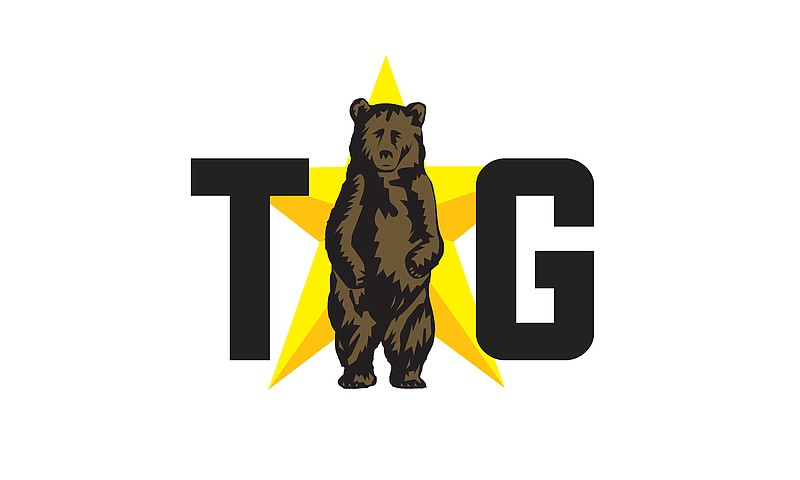Texarkana Against Trafficking is a local group spreading awareness about human trafficking, as well as knowledge and resources to help stop it.
Texarkana resident Lauren Booker started the group after noticing something while traveling to Perdido Key, Florida.
"We went in a public restroom, and there were these signs in every single gas station," Booker said. "And it was basically just information on if you were being trafficked or if you saw something that was suspicious. It had the phone numbers to call. I was like 'Hmm,' is that really that big of a deal down here? So I go down rabbit holes, and I started researching."
Booker found the Interstate 10 corridor was the No. 1 human-trafficking area in the United States. Second was the I-30 to I-20 corridor. It was so prominent in these areas that it was mandated to have this information in public restrooms.
"I really had no idea. I knew things were going on through the media, but it was just like, 'oh, wow,'" she said. "I knew it was here, but I didn't know how much it was here. Then I started researching, and the number of missing girls from Texas, Louisiana, Alabama, Georgia and Florida is just astronomical."
According to Texas Attorney General Ken Paxton's website, estimates show 25 million people worldwide who are enslaved through human trafficking, 234,000 victims of labor trafficking and 79,000 victims of youth and minor sex trafficking in Texas at any given time.
While it's impossible to keep track of every person who has been a victim of human trafficking, reports by the Human Trafficking Hotline show the number of cases and contacts received about cases. For example, 220 contacts were made and 86 cases were reported regarding human trafficking in the state of Arkansas in 2019, according to HTH data.
Shawn Vaughn, public information officer for the Texarkana Texas Police Department, said the human trafficking in Texarkana isn't exactly what some envision it being.
"What we see is not what you typically think of human trafficking," Vaughn said. "We don't have people grabbing folks at Walmart or pulling up in white vans beside them, grabbing them and selling them off. That has not been happening here. And that's what people typically think of when they hear the term 'human trafficking.'
"What we have seen is the case where somebody will get hooked on drugs or something like that, and in order to get more drugs or get money for drugs, somebody would essentially force them to do some sort of favor."
Booker, a volunteer at Court Appointed Special Advocates in Texarkana, has witnessed firsthand the effects of trafficking on victims. After what she had learned and witnessed, she wanted to do something.
Booker and Texarkana Against Trafficking are now trying to get posters like those she saw while traveling, which have the National Trafficking Hotline number on them, all over Texarkana.
"I'm hoping to eventually get this in front of the City Council to see if I can get this as a city mandate that any public bathroom that's open to the public, the sign has to be there, because that's what they've done in Georgia and Alabama," she said.
"I want to do something for the girls, because there are girls in Texarkana who have had this happen to them. This is happening. Here. And girls are also running away. So I wanted them to know they had an option, even if they're just seeing a poster in a bathroom, that they have access to information."
Women who are trafficked are often branded with tattoos. Knowing this, the group has come together with a doctor who can remove tattoos for free.
Booker wants people in the Texarkana area to look for signs of individuals who are being trafficked.
"What people think is that they won't ever see this, but you don't understand that they take these girls to get their nails done, to get their hair done or to a fast food restaurant," she said. "It's not like they're just locked away in a hotel room. That's just not true. Every female has to use the bathroom, so it's a chance for them to see the posters."
Booker suggested that anybody who sees something suspicious should report it to authorities..
"You can tell if a female is in distress, if she looks super nervous, if she keeps looking over her shoulder or if you see someone watching a female when she's talking to somebody," she said. "If you feel like something's off, your gut tells you the right thing. Call the police. Call the trafficking hotline. You may make a difference in her life and not even know you've done it."
(The trafficking hotline number is 1-888-373-7888. You can also text, not just call, 9-1-1 discreetly if you are being trafficked. To inquire about posters or tattoo removal, email [email protected] or visit the Texarkana Against Trafficking Facebook page.)

